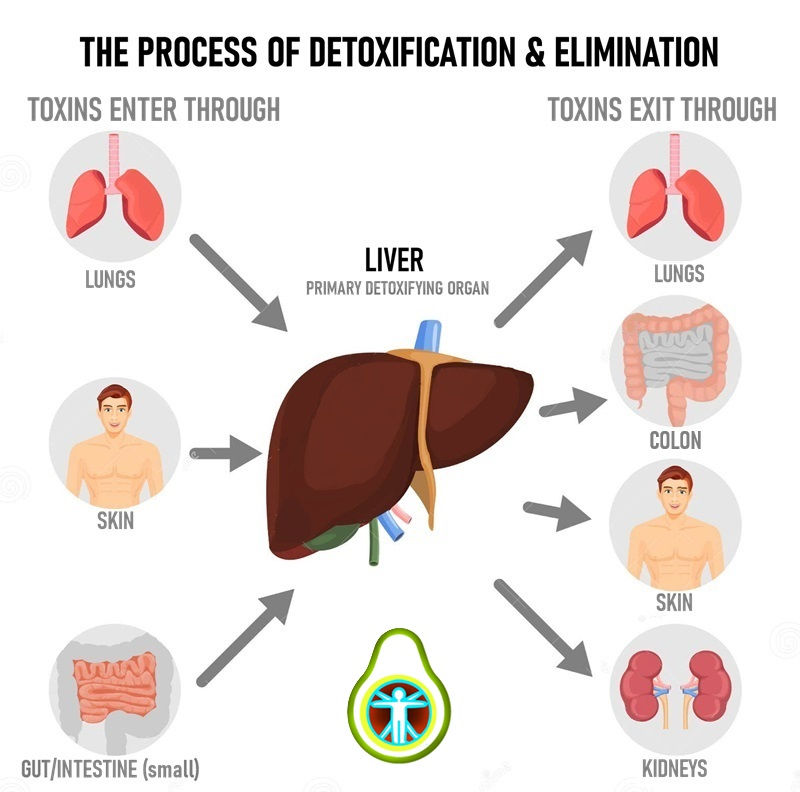Fake Food Series: 🦗✨ Eat the Bugs? The Crunchy Truth Behind the Trend ✨🦗
- ketogenicfasting

- Sep 28, 2022
- 2 min read
Updated: May 14, 2025
We’ve all seen the headlines throughout the 2020s. The Instagram reels. The awkward celebrity cameos. 🙈Robert Downey Jr. and Stephen Colbert hyping up cricket kibble for a multi-billion-dollar company? 🦗💰Nicole Kidman nibbling bugs in haute couture for Vanity Fair? 🐛👠
Turns out the pandemic wasn’t weird enough—'Eat the bugs' crawled its way into mainstream meme status right in the middle of it.
But let’s pause for a moment. Is this really food we should be eating? 🤔
This video explores the cultivation of the industrially produced bug foods and the claim that they may harbor parasites, then expose the scam that is "The Circular Economy" - the new economic model being proposed by those who want us to eat the bugs.
🧬 Hidden Parasites: What’s Crawling Under the Surface?
Sure, bugs are high in protein. Sure, they take fewer resources to raise than cows. But here’s the crunchy truth: 🦠
➡️ Studies show that edible insects may carry harmful parasites, especially when farmed in huge industrial facilities.
➡️ Think cricket farms, mealworm factories, and high-density grub breeding—all fertile ground for contamination. 🧫
➡️ Unlike beef or chicken, we don’t have decades of food safety standards built around mass-producing insects. 🥩✔️ 🆚 🐜❓
And while the marketing is cute, the long-term effects of eating heavily processed insect-based products are still unknown. 🚫👩🔬
🔄 "Circular Economy" or Gourmet Garbage?
Ever heard of the Circular Economy? Sounds chic, right? ♻️But here's the scoop:
🍽️ Insects in this new system aren’t being raised on organic oats and honey.
🗑️ They’re being fed waste—expired food, trash produce, sometimes even… fecal matter. 😬
That’s the whole pitch:
You eat the bugs. The bugs eat the garbage. The loop continues. 🔁💩➡️🦗➡️🍴
This isn’t just sustainability—it’s a corporate strategy disguised as a lifestyle.The big players make money. You eat cricket powder protein bars. And if you dare to ask questions? You’re called “anti-science.” 🙄
🏢 Who’s Really Hungry for This?
Let’s keep it real:
🥬 If this was about saving the planet, we’d be funding regenerative farming, permaculture, and food transparency—not bug factories owned by billionaires.
🍔 We’d be empowering communities to grow their own clean food—not pushing processed larvae snacks in shrink-wrapped plastic.
🧠 The narrative isn’t “Hey, here’s a fun new protein!”It’s “You must eat this—because the climate demands it.” ☁️🔥
Does that feel like food freedom—or corporate feudalism in green packaging? 🤷♀️🌱
💡 Foodie Final Thoughts
Look, we’re not saying all new ideas are bad. Innovation is great.But when you’re being told to embrace an untested, industrialized protein source…
🚨 Without real transparency
🚨 Without long-term studies
🚨 And with a lot of media manipulation
…it’s time to pause and question the recipe. 🛑👩🍳
"So the next time someone hands you cricket chips and calls it 'sustainable,' ask yourself: Is this really dinner—or just a dystopian science fair project gone way too far?
Stay curious, stay skeptical, and yes—read the ingredient label. 🧐🛒💬




Comments